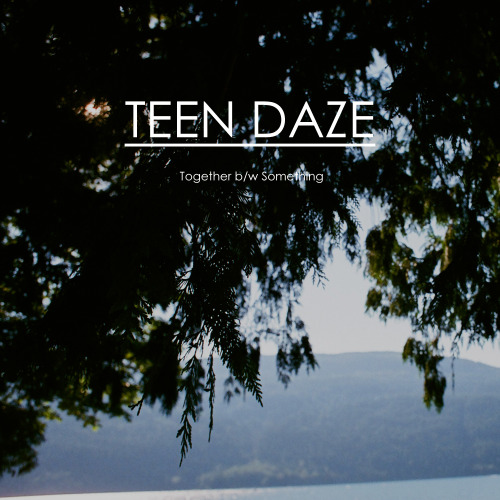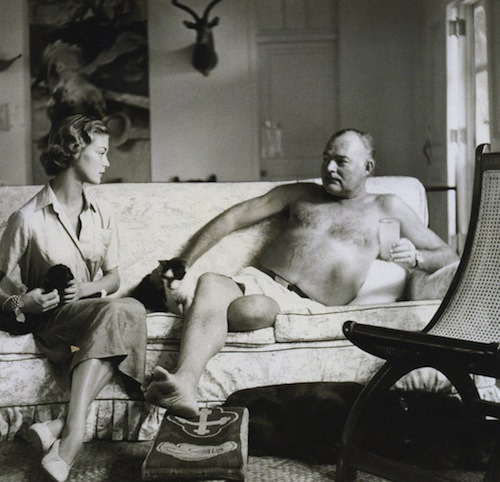 When I visit one of my good friend’s house, a friendly white (fat) cat always meets me at the door.
When I visit one of my good friend’s house, a friendly white (fat) cat always meets me at the door.
My friend, though, is less than happy with her house-mate’s pet. The cat has been driving her crazy with its meowing. I think the cat is perfectly civil, but my friend assures me that I’d have to hear it in the morning.
When I came by this week and she complained, I dropped this little fact:
Being smart little fluff-balls, cats raised with people see that we’re rocking verbal communication and seek to use it against us.
Pet cats are raised to be dependent on their owners and therefore need to let us know when they need food, water, cuddling, etc. Loud, imploring meowing or other vocalizing (I had a cat, once, that never meowed, just “merappept” all the time) is the result.
Experience teaches cats that they can get our attention and that our attention gets them stuff like food. Cats will stick to the methods they find that work.
On the other hand, cats who grow up feral (poor, freeborn kitties) don’t vocalize loudly like household cats because they don’t learn how useful it is.
It’s a potentially annoying situation of our own creation. A price to pay for warm furry friends.
Kitty reference bomb! Bam!
Further Reading:
On feral cats meowing.
A fun article on how cats manipulate is with purring.
****
What is a reference bomb? Find out here!
Email me your Reference Bomb experience! info@dropthereferencebomb.com









.jpg)